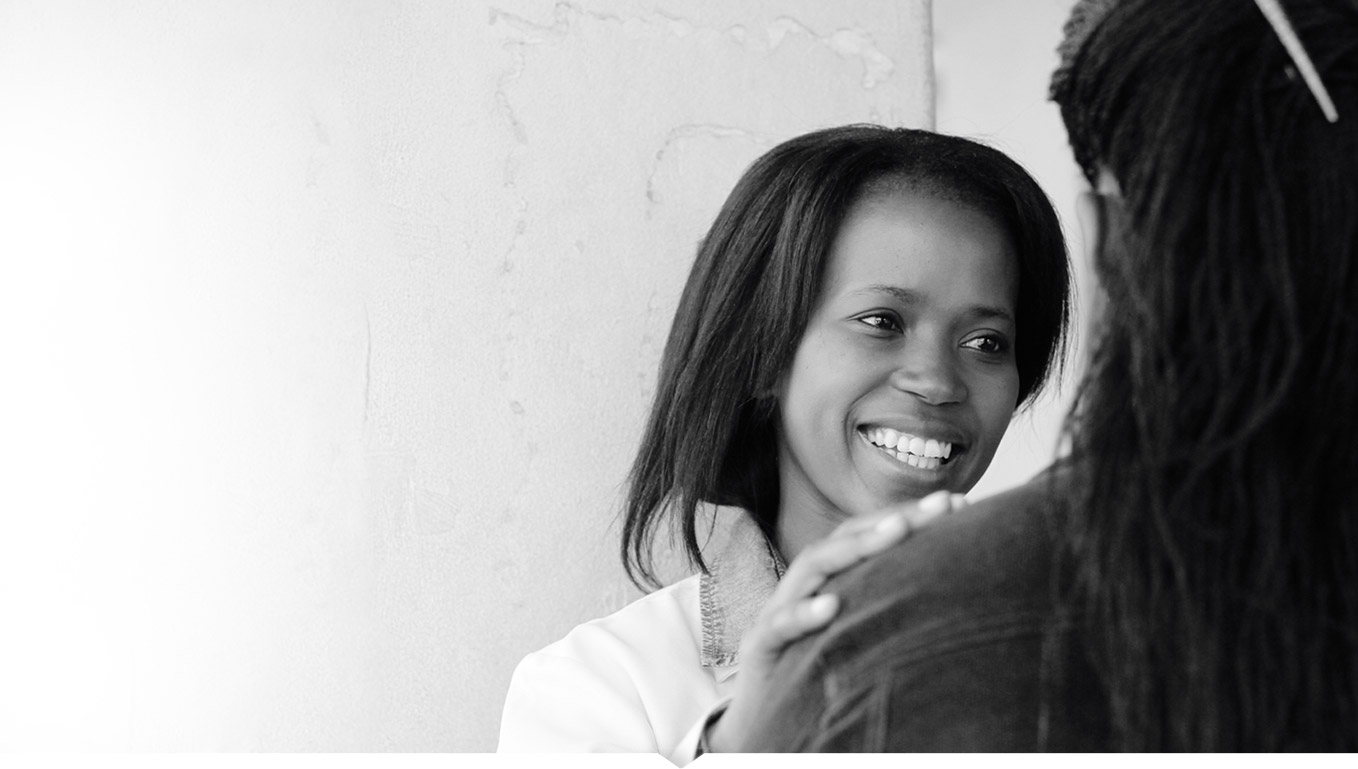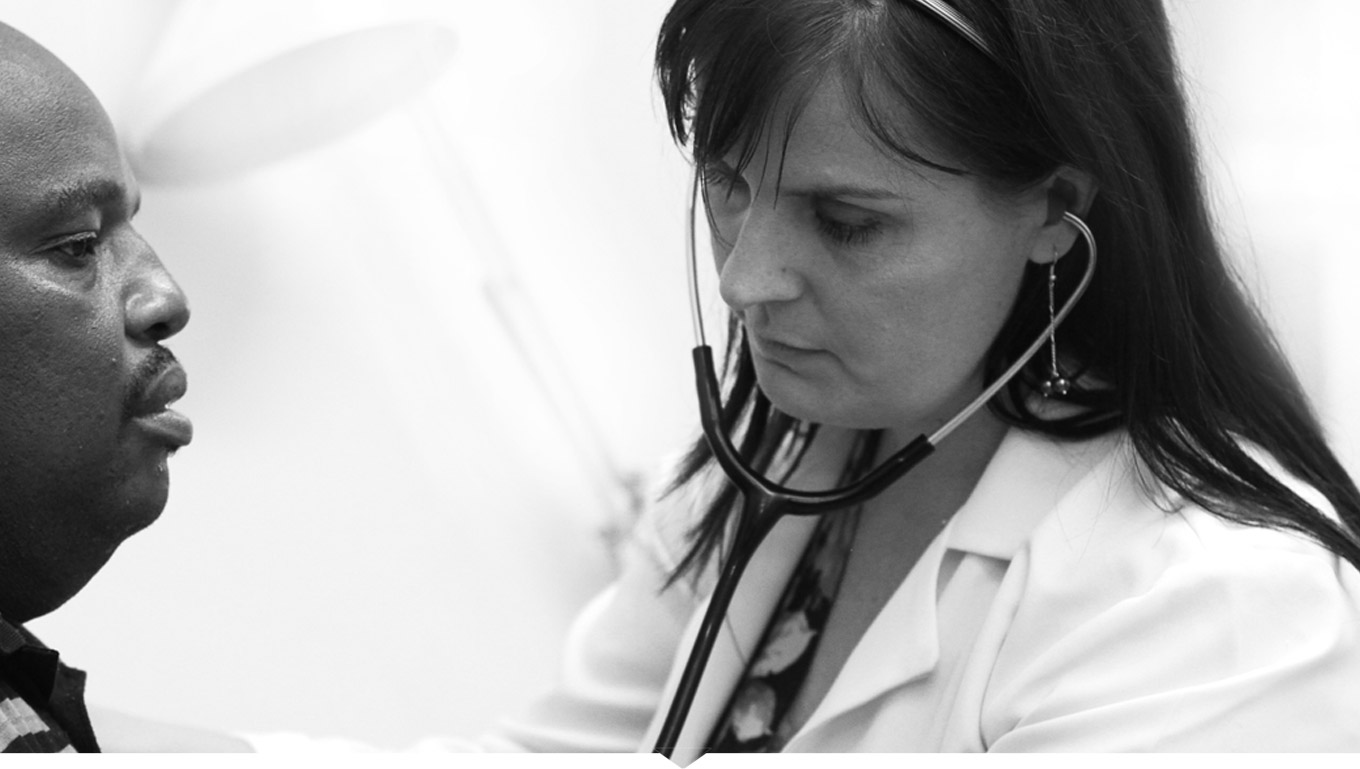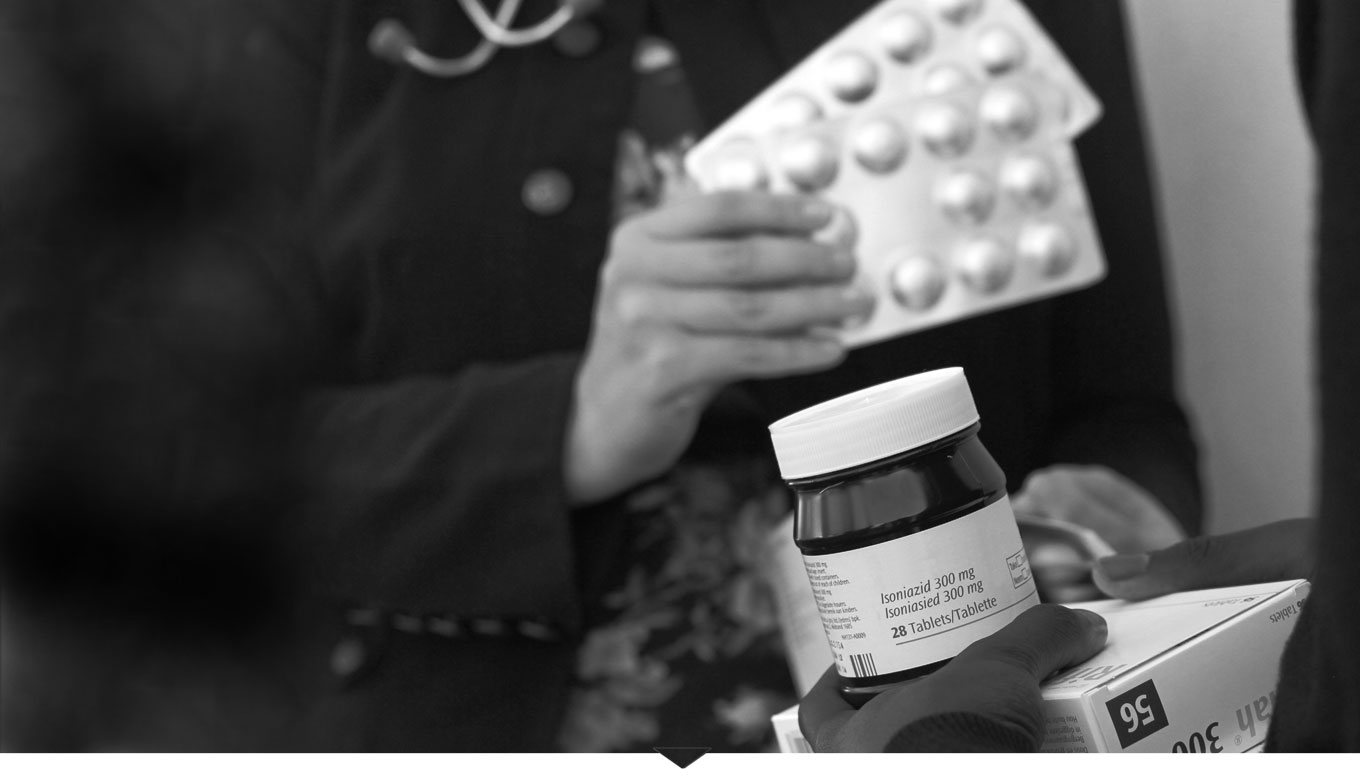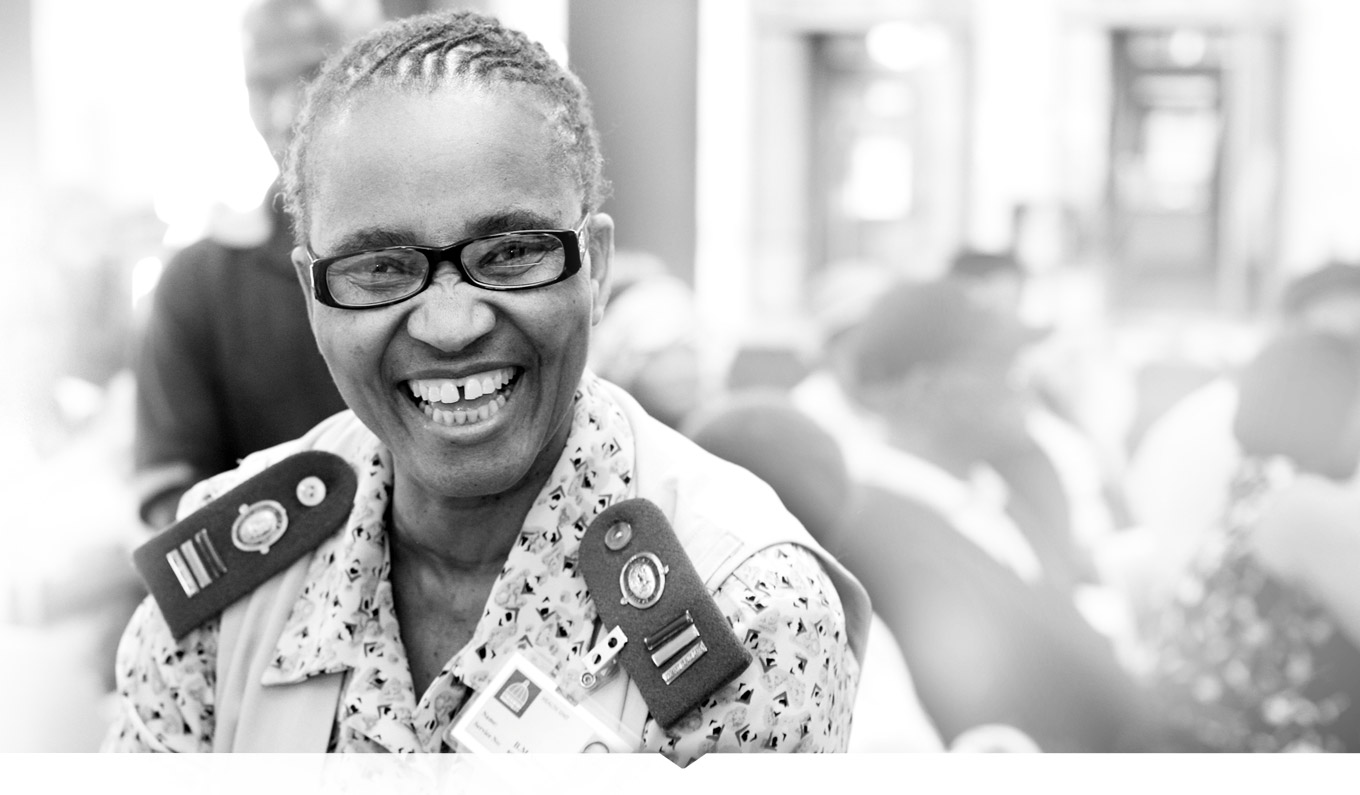
MAKING A DIFFERENCE WITH THINK
WHY?
We believe in making a difference in the world. Our holistic understanding of TB and HIV is the way we know how.
HOW?
We engage with the local community, government consortia, international researchers and the health care industry to conduct research and improve public health.
WHAT?
We conduct internationally acclaimed clinical research to develop vaccines, new diagnostic tools and treatment regimens for TB and HIV. We also partner with the Department of Health to improve public health care systems and deliver quality care focusing on TB and HIV.

OUR PASSION IS CHANGING THE FUTURE
A quarter of the world’s population is infected with TB, and more than 70 million people have been infected with HIV. Every year, there are about 1.8 million new HIV infections, predominantly affecting young women and girls; while one person dies from TB every 20 seconds.
The real toll of these infections is immeasurable as it affects every aspect of daily life for those infected and those affected. TB and HIV are leading public health threats to socio-economic development and quality of life. There is a dire need for improved prevention, diagnosis and care for HIV and TB. The capacity to improve TB and HIV health care is available through our hands in South Africa, for local and global impact.
Since 2013, THINK has conducted research to bring forward the three first new TB drugs developed in over 50 years for use in adults and children. In addition, THINK has contributed to research that has informed WHO to reduce the duration of treatment for Multidrug Resistant (MDR) TB from 2 years to 9 months. We are currently working on shortening this further and with less toxic, all oral regimens removing the need for injections.
THINK is also implementor of Global Fund supported programmes in conjunction with the Department of Health, and responsible for providing 45% of the South African national target to provide HIV treatment adherence support. In the final quarter of the project, THINK achieved 110% of its target for providing care for over 100,000 people.





